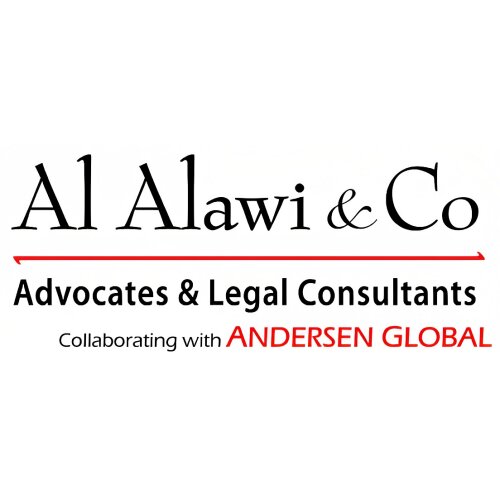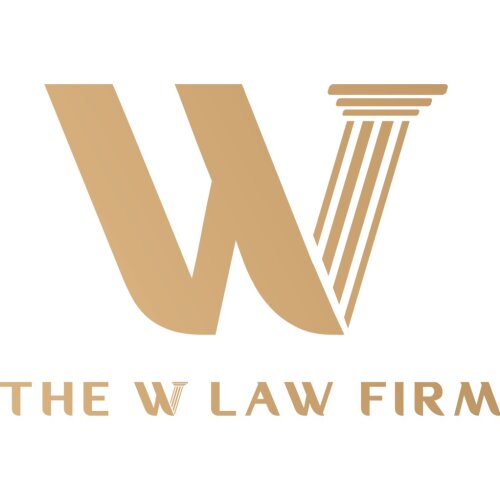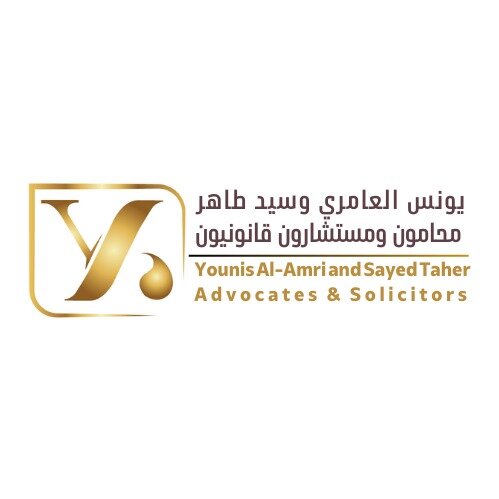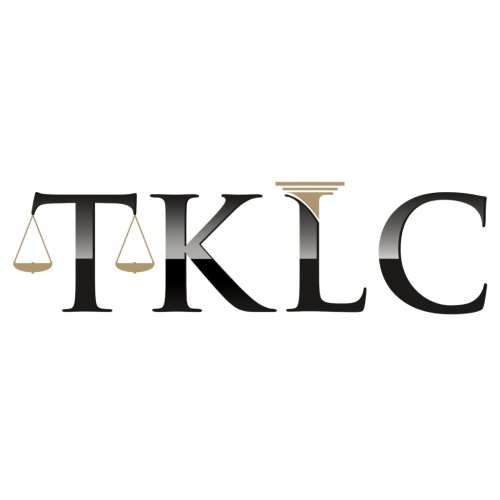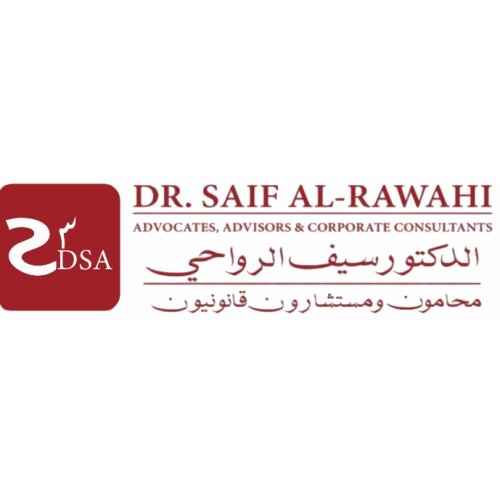Best Nonprofit & Charitable Organizations Lawyers in Muscat
Share your needs with us, get contacted by law firms.
Free. Takes 2 min.
List of the best lawyers in Muscat, Oman
About Nonprofit & Charitable Organizations Law in Muscat, Oman
Nonprofit and charitable organizations in Muscat, Oman play a crucial role in providing social services, advancing education, and promoting cultural and environmental initiatives. These organizations operate under the regulatory framework set by the Omani government, ensuring they adhere to established guidelines and practices. The sector is characterized by a strong emphasis on transparency and accountability, with a focus on serving the public good without any distribution of profits to members or directors. Organizations must register with the Ministry of Social Development and comply with specific regulations regarding their activities and governance.
Why You May Need a Lawyer
Seeking legal advice in the field of nonprofit and charitable organizations is essential when navigating complex regulatory landscapes. Common situations where legal help is necessary include establishment and registration of the nonprofit, ensuring compliance with tax regulations, drafting and reviewing governance documents, handling employment and labor issues within the nonprofit, addressing intellectual property concerns, and navigating mergers, partnerships, or significant changes in organizational structure. Legal expertise is also crucial when dealing with disputes, litigation, or investigations by regulatory bodies.
Local Laws Overview
The key aspects of local laws that affect Nonprofit & Charitable Organizations in Muscat, Oman include the requirement for registration with the Ministry of Social Development and adherence to the Civil Associations Law that governs their formation and operation. The law outlines specific guidelines regarding the governance of these organizations, their financial reporting obligations, and the permissible scope of their activities. Nonprofits are also expected to comply with the Anti-Money Laundering and Counter-Terrorist Financing laws to ensure transparency and prevent unlawful activities. Additionally, tax-related regulations provide guidance on exemptions applicable to nonprofit entities, influencing their operational strategies.
Frequently Asked Questions
What is the process for registering a nonprofit organization in Oman?
To register a nonprofit, you need to apply through the Ministry of Social Development, providing detailed information about the organization's purpose, governance, and financial plans.
Are nonprofit organizations in Oman tax-exempt?
Yes, registered nonprofit organizations are generally tax-exempt, but they must fulfill specific criteria and comply with regulatory obligations to maintain this status.
What governance structures are required for nonprofit organizations?
Nonprofits must have a clear governance structure with a board of directors, bylaws, and a formal process for decision-making to ensure accountability and compliance with legal requirements.
Can a foreigner establish a nonprofit organization in Oman?
Foreigners may establish nonprofit organizations, but they must comply with specific regulations and often need to partner with local entities or citizens.
How are nonprofit organizations funded in Oman?
Nonprofits may receive funding through donations, grants, and fundraising activities. However, they must be transparent about their financial practices to ensure compliance with laws.
What are the key compliance requirements for operating a nonprofit?
Nonprofits must regularly report to the Ministry of Social Development, maintain accurate financial records, and adhere to governance laws and reporting standards.
Can nonprofits engage in commercial activities?
Nonprofits may engage in some commercial activities, provided these activities align with their mission and profits are reinvested into the organization’s objectives.
What legal protections are available for employees of nonprofits?
Employees of nonprofits are entitled to the same labor protections as those in commercial sectors, including fair wages, working conditions, and dispute resolution mechanisms.
What legal issues can arise from nonprofit partnerships?
Legal issues can include contractual disputes, intellectual property concerns, or conflicts of interest, necessitating legal guidance to navigate these challenges successfully.
What steps can a nonprofit take if accused of non-compliance?
If accusations of non-compliance arise, the nonprofit should consult a legal expert to address the concerns promptly, provide necessary documentation, and rectify any issues as required.
Additional Resources
For further guidance and resources, consider reaching out to the following organizations:
- Ministry of Social Development - Responsible for the registration and oversight of nonprofits.
- Chambers of Commerce - Offers resources and networking opportunities for nonprofit entities.
- Local law firms specializing in nonprofit law - Provide specialized legal services for the nonprofit sector.
- Online platforms offering resources for governance and compliance in the nonprofit sector.
Next Steps
If you need legal assistance in the field of Nonprofit & Charitable Organizations, start by consulting with a lawyer who specializes in nonprofit law to evaluate your specific needs. Consider contacting local legal firms with experience in this sector for personalized guidance. It's also advisable to prepare any relevant documentation and have a clear understanding of your organization’s current legal standing and future objectives. Engaging with a legal professional early can help streamline your processes and ensure your nonprofit operates smoothly and legally compliant.
Lawzana helps you find the best lawyers and law firms in Muscat through a curated and pre-screened list of qualified legal professionals. Our platform offers rankings and detailed profiles of attorneys and law firms, allowing you to compare based on practice areas, including Nonprofit & Charitable Organizations, experience, and client feedback.
Each profile includes a description of the firm's areas of practice, client reviews, team members and partners, year of establishment, spoken languages, office locations, contact information, social media presence, and any published articles or resources. Most firms on our platform speak English and are experienced in both local and international legal matters.
Get a quote from top-rated law firms in Muscat, Oman — quickly, securely, and without unnecessary hassle.
Disclaimer:
The information provided on this page is for general informational purposes only and does not constitute legal advice. While we strive to ensure the accuracy and relevance of the content, legal information may change over time, and interpretations of the law can vary. You should always consult with a qualified legal professional for advice specific to your situation.
We disclaim all liability for actions taken or not taken based on the content of this page. If you believe any information is incorrect or outdated, please contact us, and we will review and update it where appropriate.



